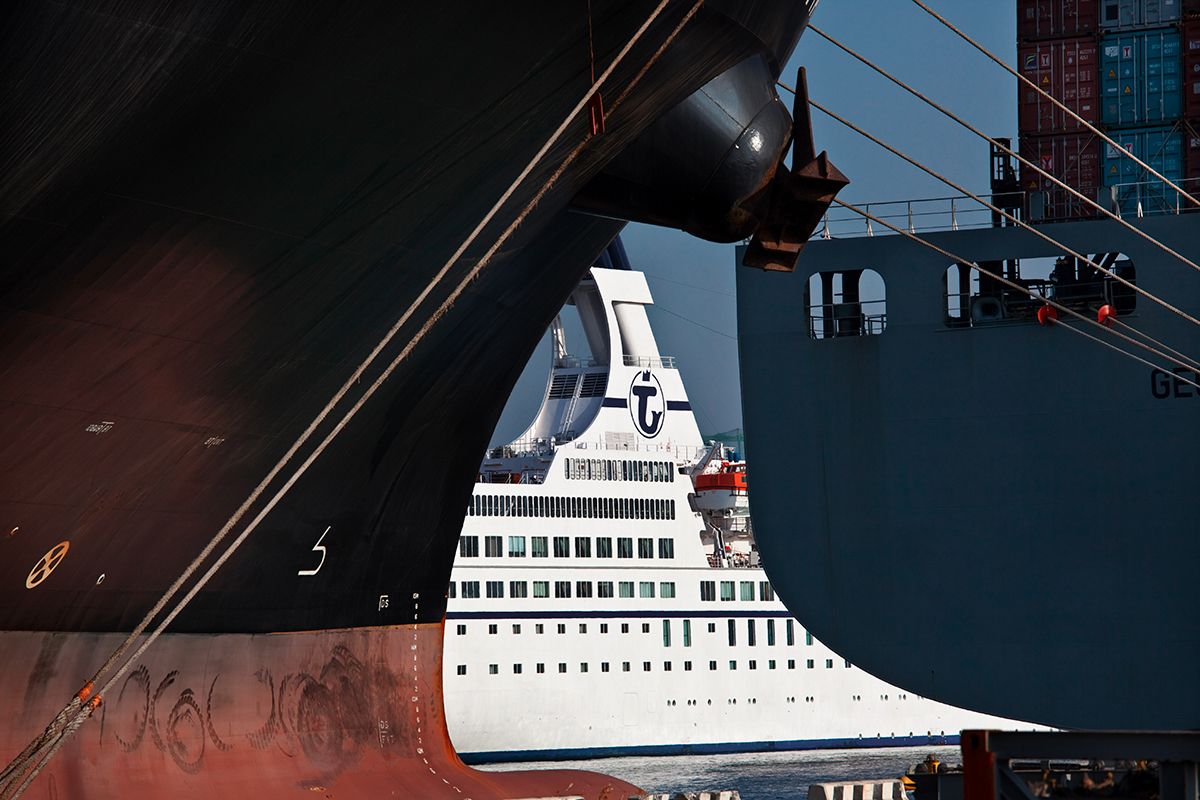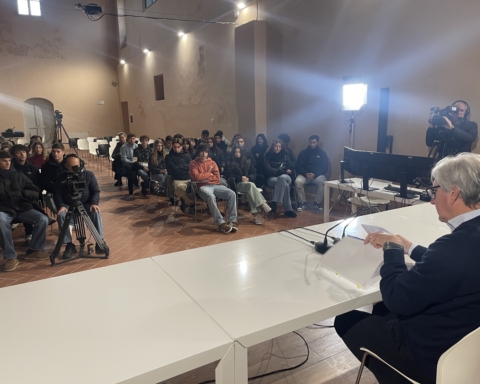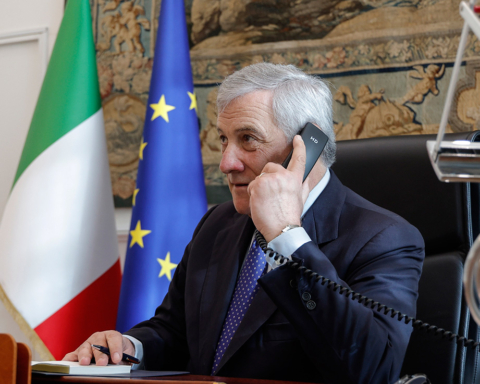Competing with North European ports without knowing the basics in detail is like trying to checkmate without knowing how to move the knight or the rook.
For Pietro Spirito this is the (paradoxical) situation in which Italy finds itself in today.
While China moves ahead like a caterpillar along the Silk Road, trusting in the ability of the north eastern port of Genoa and and the north western port of Trieste, to act as the new battering rams for the entry of Chinese products on the markets of central and northern Europe, in Italy “we continue to want to consider the transformation of Port Network Authorities into public limited liability companies as the solution to all evils for our ports” but for the president of the Central Tyrrhenian Port Network Authority this is a mistaken point of view
The disillusionment on the possibility of a competitive relationship played on an equal footing with the ports of the Northern Range – points of reference for those who enjoy “highbrow legal discussions on the juridical nature of the Port Network Authorities” – is a state of mind that fits perfectly with the mood of those who live the port every day, measuring themselves against daily drawbacks and exulting for every inch of draught earned in favor of terminal operators and large shipping companies.
The leading figure of the ports of Naples and Salerno considers himself one of these: “I am not a lawyer – he says – but an economist. And I tell you that if Antwerp or Rotterdam were to move at the pace of Italian procedures, by now they would already be bogged down, dead”.
This is the starting point for Spirito’s analysis: “The discussions on the legal formula of Port Authorities are the consequence of the most important point , and the most important point is that we must be able to operate in the market with greater flexibility and streamlining”.
The priority is dredging: “Do you know that we are completing the dredging work of the port of Naples only now? We have been waiting for this operation for far too long”.
Spirito goes on to say: “It took more than ten years at the Parthenopean port to get permission to go ahead with the dredging procedure. Are the ports of Northern Europe in the same situation? I don’t think so.”
For the former president of Bologna Freight Village, it is necessary that those responsible must seriously begin to question the administrative inefficiencies of our country.
“As far as dredging is concerned – he warns – there are too many controlling bodies and only one that operates. I do not say that the controls should not be done, but they should be few, reasonable and timely. We need certain, clear and unequivocal timing”.
The same goes for the procedures relating to the control of residual wartime explosive devices, which are cumbersome (“Few outside our sector know what I’m talking about, but it is on these issues that we have to deal with”).
And what about the vexatious appeals concerning the granting of concessions? “In Italy, does it ever happen that a tendering process ends without the unsuccessful tenderer submitting an appeal
For Spirito, the level of litigation relating to the tender procedures for the award of public works has reached pathological levels: “Anyone initiating a vexatious dispute engages in unlawful conduct which, at the very most, results in the obligation to compensate the other party for all the damage incurred. Instead, we should aim at very different forms of penalization”.
According to the president of the Central Tyrrhenian Port Network Authority, the operator condemned for vexatious litigation should be banned, for at least three years, from the possibility of participating in other calls for tenders.
“That would be a solution, but today we are practically condemned to lose precious time in courtrooms, time that we could devote entirely to doing the necessary work”.
Dredging, reclamation procedures and litigation are just some of the issues to be addressed. However, the list could be longer: “We should draw up a list of real problems and sit around a table and talk seriously about them”.
The aim is to give port operators and carriers the answers they expect from an efficient port.
“We have received, from the current government as from the previous one, signs of attention and availability”.
However, attention isn’t enough. “We need to move on to the execution phase. You have to act. We are all called upon to give our real contribution in order to change things, to make our system more agile and efficient. If we do not give an answer to these issues, the debate on the legal nature of the Port Authorities risks being ideological and therefore useless”.
Translation by Giles Foster




